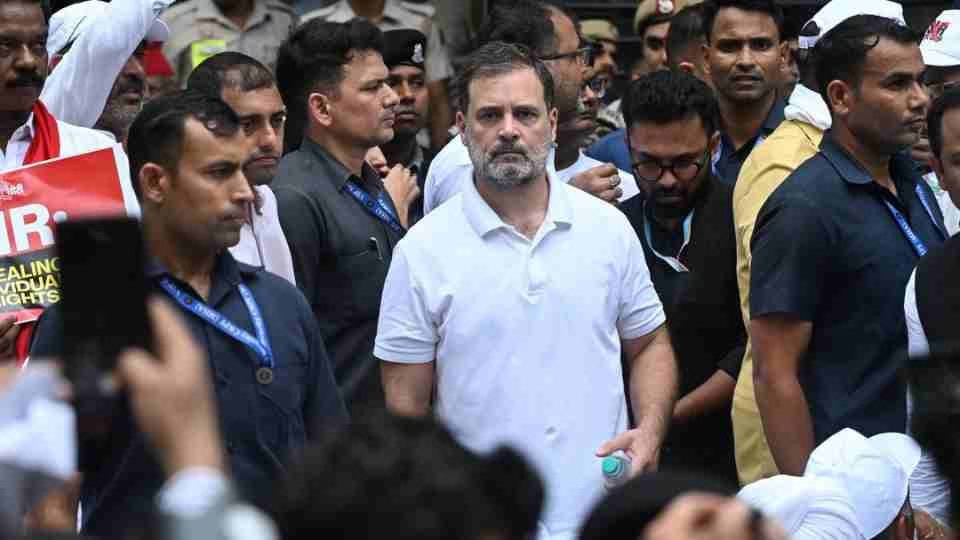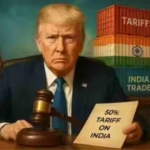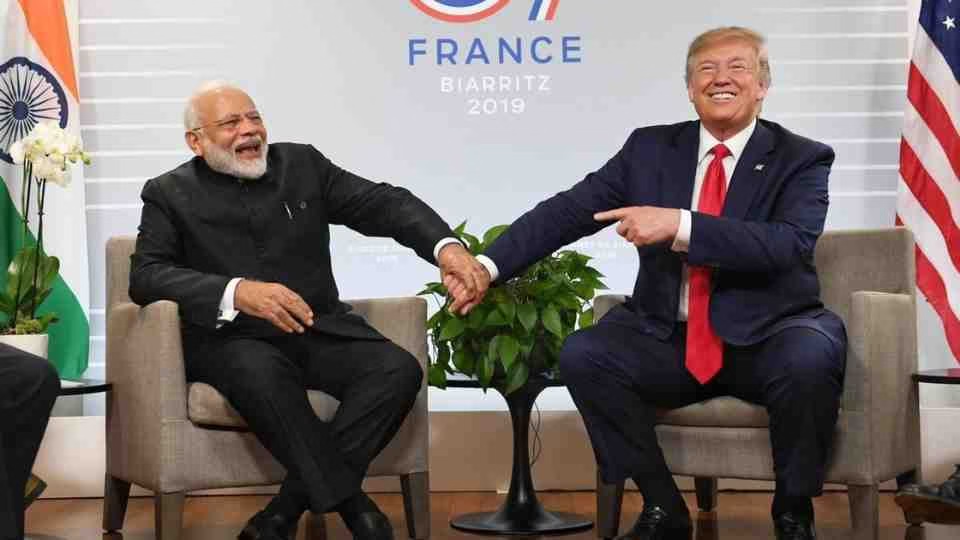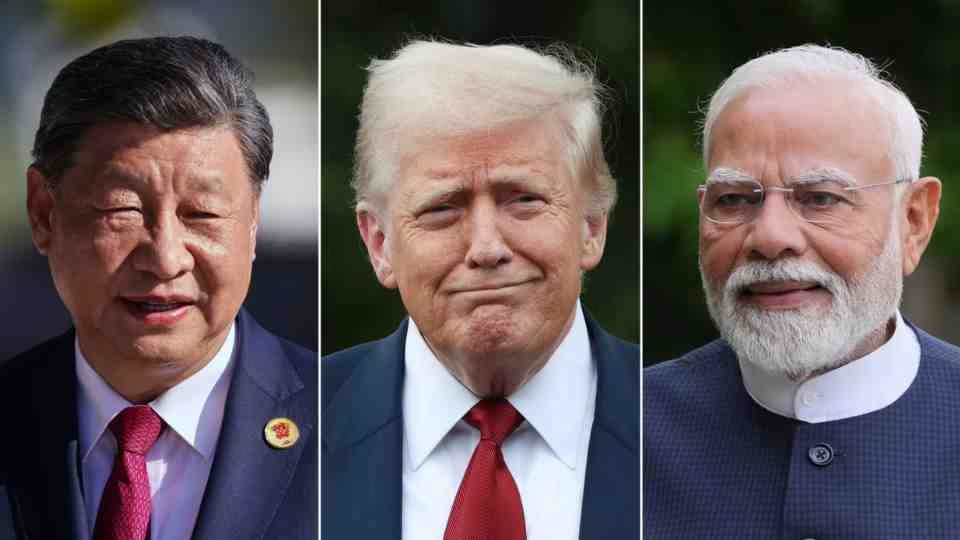A Political Storm Brews Over Democracy’s Foundation
In the sweltering heat of a Bihar afternoon, Rahul Gandhi stood before a sea of supporters in Madhubani, his voice cutting through the political rhetoric that has come to define contemporary Indian politics. But this wasn’t just another campaign rally. This was a salvo in what has become one of the most contentious battles in Indian democracy: the fight over electoral integrity.
The Congress scion’s latest offensive centers on a provocative question that has sent ripples through India’s political establishment. How, Gandhi asks, can Home Minister Amit Shah predict with such certainty that the BJP will rule for the next five decades?
The Crystal Ball Controversy
The roots of this controversy trace back to 2017, when Shah made a bold declaration to party workers in Madhya Pradesh. “We have not come to power for 5-10 years, but at least 50 years,” he proclaimed, outlining an ambitious vision of transformational governance spanning half a century.
For most politicians, such statements might be dismissed as campaign bluster or aspirational rhetoric. But Gandhi sees something more sinister—a window into what he alleges is the BJP’s systematic approach to electoral manipulation.
“This was a strange statement,” Gandhi told the gathered crowd, his tone measured but pointed. “How does he know they will be in power for 40-50 years?” The implication hung heavy in the air: such confidence, Gandhi suggests, can only come from those who have rigged the game.

The Anatomy of Alleged Electoral Fraud
Gandhi’s accusations paint a picture of electoral manipulation that allegedly began in Gujarat—Prime Minister Modi’s home state—before spreading across the nation like a political contagion. According to the Congress narrative, what started as localized irregularities evolved into a national strategy following the BJP’s 2014 electoral victory.
The Congress leader’s allegations are specific and damning. In Karnataka’s Mahadevapura constituency, the party claims over 100,000 fake votes were added to secure a BJP victory. Similar irregularities are alleged in Madhya Pradesh and Bihar, painting a picture of systematic electoral engineering across multiple states.
“I don’t lie,” Gandhi declared with characteristic conviction. “I only say things when I have facts before me.” It’s a statement that underscores the high stakes of this political gambit—either Gandhi possesses compelling evidence of widespread fraud, or he risks significant credibility damage.
A Family Affair
The Gandhi political dynasty has united in this electoral crusade. Priyanka Gandhi Vadra, the Congress General Secretary and Rahul’s sister, has emerged as an equally vocal critic, employing sharp political theater to drive home their message.
In a moment of political jujitsu, she turned Modi’s own campaign rhetoric against him. “Narendra Modi had said during the Lok Sabha elections—Congress will steal your buffalo,” she reminded audiences, referencing the Prime Minister’s colorful campaign metaphors. “But Narendra Modi himself is stealing your vote.”
Her warning carries an ominous undertone that speaks to deeper anxieties about democratic erosion. “If citizens allowed their votes to be taken away, you will have no identity left… all your rights and even your citizenship will be taken away,” she cautioned, framing the issue as an existential threat to Indian democracy.

The Institutional Response
The Election Commission of India, the constitutional body tasked with overseeing the nation’s democratic processes, has not taken these accusations lightly. In a strongly worded response, the Commission dismissed the allegations as “misleading and baseless,” challenging Gandhi to substantiate his claims with documentary evidence in a sworn affidavit.
This institutional pushback highlights the commission’s sensitivity to questions about its independence and integrity—issues that have become increasingly contentious in recent years. The Commission emphasizes the transparency of its voter roll preparation process and the involvement of political parties at every stage, presenting a defense of its procedures and credibility.
The Broader Democratic Debate
Beyond the immediate political theater, this controversy touches on fundamental questions about the health of Indian democracy. Gandhi’s allegations reflect broader concerns about institutional independence, electoral integrity, and the concentration of power that have animated opposition politics in recent years.
The Congress leader’s strategy appears designed to achieve multiple objectives: mobilize the party base, question the legitimacy of BJP victories, and position Congress as democracy’s defender. Whether this approach will resonate with voters remains an open question, but it certainly ensures that electoral integrity will remain a central theme in India’s political discourse.
The Stakes Ahead
As this electoral battle intensifies, both sides face significant risks. For Congress, failure to substantiate these serious allegations could further damage the party’s credibility and provide ammunition for BJP counterattacks. For the ruling party, these accusations—even if ultimately unproven—risk creating lingering doubts about electoral legitimacy that could prove politically costly.
The Election Commission, meanwhile, finds itself in the uncomfortable position of defending its institutional integrity while navigating the treacherous waters of partisan politics. How it handles this challenge will likely influence public confidence in India’s electoral processes for years to come.
As Gandhi concluded his Madhubani address, warning that the opposition would not allow the erosion of democratic rights to continue, he positioned this fight as nothing less than a battle for India’s democratic soul. Whether that message resonates with voters—and whether the evidence supports such dramatic claims—will likely determine not just the outcome of this particular controversy, but the future trajectory of Indian politics itself.
In a democracy where the vote represents the ultimate expression of citizen power, questions about electoral integrity cut to the very heart of the social contract between rulers and the ruled. As this political drama unfolds, millions of Indians are left to ponder a troubling question: in the world’s largest democracy, can citizens still trust that their votes truly count?






